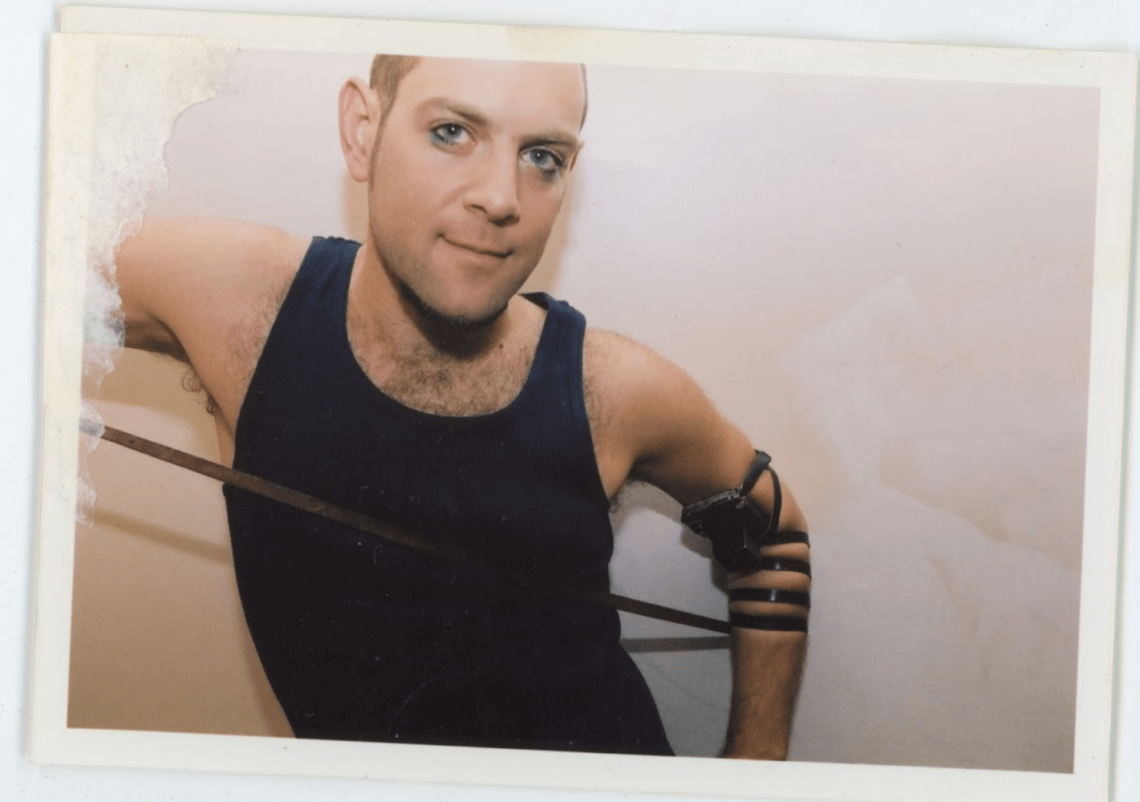A journey of faith and identity: The story of ‘Sabbath Queen’
A unique narrative unfolds
In the documentary “Sabbath Queen”, director Sandi DuBowski captures the extraordinary journey of Amichai Lau-Lavie, an Israel-born drag queen and rabbi. Over 21 years, the film chronicles Lau-Lavie’s struggle to reconcile his Orthodox Jewish upbringing with his identity as a queer father and drag performer. This narrative is not just a personal story but a broader commentary on the intersection of tradition and modernity.
Challenging traditions
Lau-Lavie, who hails from a lineage of 38 generations of Orthodox rabbis, publicly advocates for progressive ideas such as gay and interfaith marriage. These views are considered heretical by many, including members of his own family. The film begins in 2017, with Lau-Lavie officiating a Jewish wedding in New York City between two men who are professed Buddhists. This act, which he admits “broke the law” according to Jewish Theological Seminary teachings, sets the tone for the documentary.
“Not everything that we’ve inherited is worthy of being passed on — we need to look the 21st century in the eye,” Lau-Lavie asserts, emphasizing the need for change within religious traditions.
A radical reimagining of faith
As the founder of Lab/Shul, an inclusive, God-optional, pop-up experimental congregation, Lau-Lavie is on a mission to reinvent religion and ritual. His goals include challenging patriarchy, championing interfaith love, and advocating for peace in Israel/Palestine. This lifelong quest is not just about personal identity but about broader societal change.
The making of ‘Sabbath Queen’
A conversation with Amichai Lau-Lavie
When asked why he wanted this documentary to be made, Lau-Lavie explains, “I understood pretty early on that I am in the service of a story that is unfolding, which is basically reimagining the tradition we inherited and being very bold about it from a feminist, moral, humanitarian aspect.”
Sandi DuBowski’s perspective
DuBowski, the director, waited 13 years to interview Lau-Lavie’s brother, Rabbi Benny Lau, a celebrated Orthodox rabbi in Israel. This interview became a crucial part of the film, showcasing the deep love and respect between the two brothers despite their ideological differences. ”They model what it means to disagree in this time,” DuBowski notes, highlighting the importance of dialogue in a polarized world.
The challenges of promoting progressive ideas
Lau-Lavie acknowledges the difficulty of reaching a broader audience, especially those who are more conservative or religiously traditional. “The more conservatives, the more religious traditional, the more suspicious of liberal politics, they might not even show up to this film because there is ‘Queen’ in the title or the word sabbath is too Jewish,” he admits.
However, he remains hopeful, emphasizing the importance of support within progressive communities. “I was at an event last week with 8,000 Israelis who gathered in an arena to absolutely imagine peace between Palestinians and Israelis. It feels like one crack and we were like, ‘Haha, we are preaching to the choir,’ but the choir needs it.”
A risky but necessary endeavor
Lau-Lavie’s brother, Rabbi Benny Lau, expresses concern about the risks involved in challenging religious traditions. “What we are doing here is risky. On the other hand, religion is risky business,” Lau-Lavie responds. He believes that adapting religious practices to the 21st century is essential, even if it means facing opposition.
“Our disagreement is over time. Do we do this now or do we wait 10 years? Are you going to let public opinion simmer until we are ready to accept gay rabbis in the orthodoxy or are we going to just say it’s happening right now get it or get out,” Lau-Lavie explains.
Future screenings and distribution
DuBowski hopes to screen “Sabbath Queen” in Israel, particularly in Jerusalem, where the story’s challenges are most significant. “We will see. As Amichai can attest, there is a lot of narratives to push back on,” he says.
The documentary, which premiered at the Tribeca Film Festival, is currently seeking distribution. For those interested in exploring this compelling story, you can watch the trailer for Sabbath Queen.
Final thoughts
“Sabbath Queen” is more than just a documentary; it’s a powerful exploration of faith, identity, and the courage to challenge deeply ingrained traditions. For cinema and TV series enthusiasts, this film offers a unique perspective on the complexities of modern religious life. It invites viewers to reflect on their own beliefs and the ways in which they can contribute to a more inclusive and compassionate world.

 Italian
Italian







